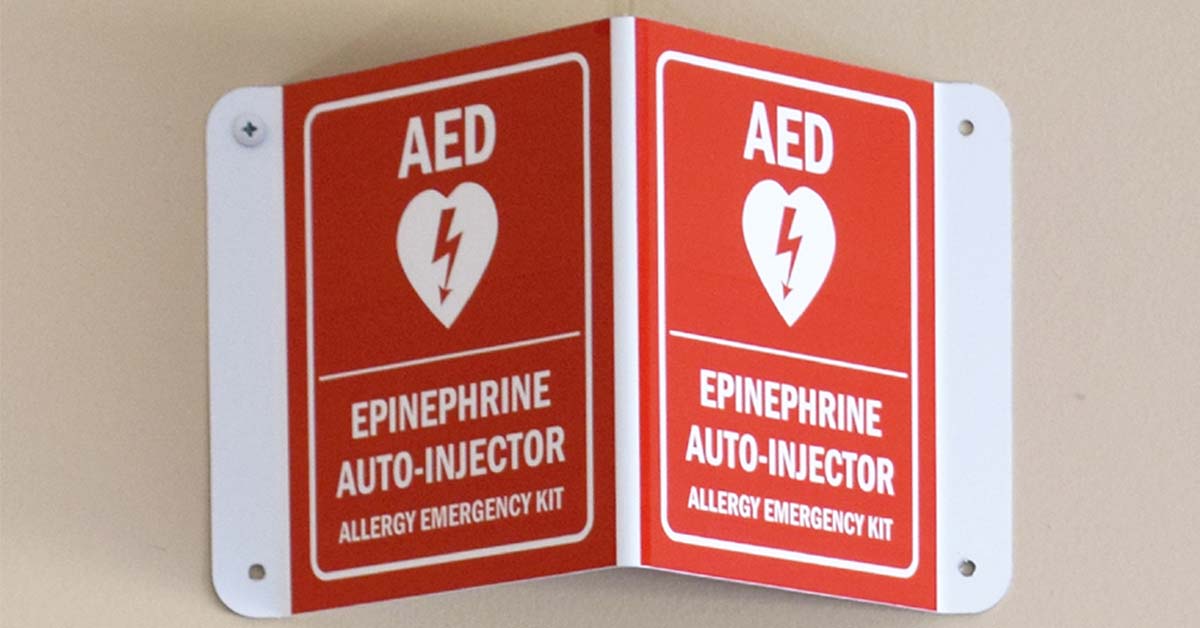Anaphylaxis is a serious, life-threatening reaction to a food or insect venom. The sooner epinephrine is administered when anaphylaxis is suspected, the better the outcome. For instance, early administration of the drug can open airways and prevent a victim from needing intubation and a ventilator later.
Often, people with food and insect venom allergies carry an auto-injector that allows them to self-administer epinephrine in an emergency. Yet sometimes, that individual might not have epinephrine on hand, such as if their allergy has not been diagnosed.
For those individuals, the time between the onset of anaphylaxis and the arrival of EMS responders that hopefully have been authorized to carry and administer epinephrine might be too long resulting in catastrophic consequences, such as cardiac arrest and shock.
Having stock epinephrine available — i.e. epinephrine that may be administered to anyone in an emergency — and people trained to administer it can be a lifesaver.
On Tuesday, Delaware Governor John Carney signed bill S-55 into law allowing any college or university employee with proper training to administer epinephrine in an emergency after calling EMS.
The legislation will allow epinephrine to be administered much sooner, when the victim may be fighting to breathe and is in danger of losing consciousness.
Said Glenn Marshall, Sussex County EMS Director of Special Operations:
Even if we are in the station and we are close by ready to go; the ability to get that medication on board is critical, when we get there we are fighting time.
Epinephrine helps to reverse that to help that reaction.
It buys us that time decrease that gap from when the incident occurs to where we can get on-site administer medication and additional care that is needed.
Delaware State University already has a supply of stock epinephrine.
A spokesman for the university told 47ABC this bill allows them to be better prepared when anaphylaxis strikes.
Said Carlos Holmes, DSU Director of News:
This legislation will allow us to extend this emergency capability to our police department who are also first responders and this will allow them to be trained.
That’s the basic benefit of this to Delaware State University: it opens that door to training.
Do you know who in your state has access to epinephrine and is trained to administer it in an emergency? Are local EMS workers covered by such legislation? Restaurants? Schools and colleges? Public spaces like parks and reserves?
If you are uncertain, contact your local health department before the need arises.
And above all, if you have been prescribed an epinephrine auto-injector, take two along everywhere… every time.





